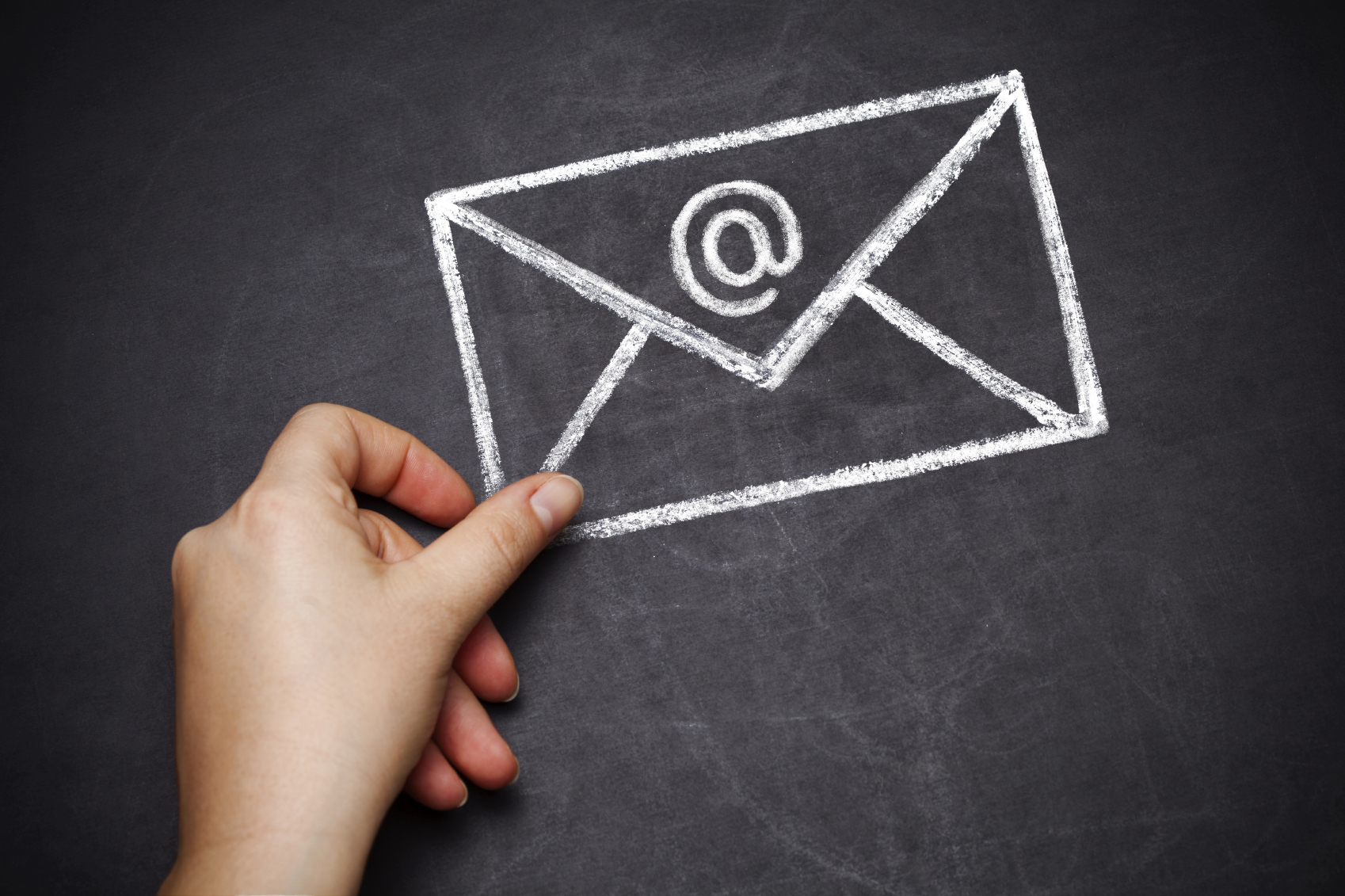
People Should Stop Using Law School Email Accounts Years After Graduating
Telegraphing that you went to a good law school with an email address typically looks unusual.

Telegraphing that you went to a good law school with an email address typically looks unusual.

When it comes to emails, pretend you're paying by the word.
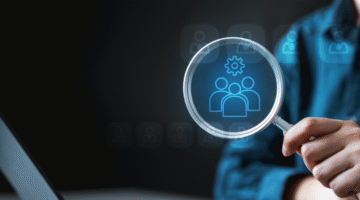
As the use of artificial intelligence permeates legal practice, a critical question confronts every legal professional who uses these tools: Can I trust this?

Technology -- your work friend that could ruin your career in a keystroke!

Unneeded follow-up emails can create more unnecessary work for associates and demoralize them.

Not a good look for the law school.
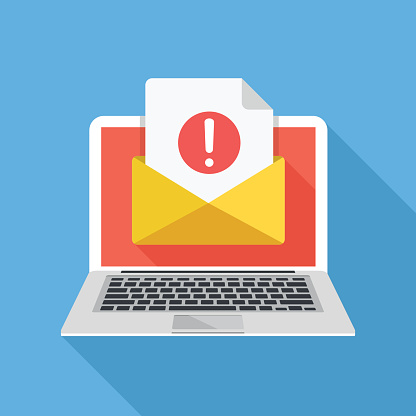
Emailing documents attorneys drop in the mail is usually the right thing to do since this makes it easier for parties to receive materials.

Join our expert panel on March 3rd at 1pm ET to explore actionable, emerging ways you can gather and proactively share the data that demonstrates the impact of your work.

Lawyers need to implement practices and procedures that minimize risk of exposing confidential communications and increase efficiency.

It's the corporate way of life.

Email efficiency is key to your success.

Receiving an out-of-office reply can be somewhat annoying in certain circumstances.

Protégé™ General AI is fundamentally changing how legal professionals use AI in their everyday practice.
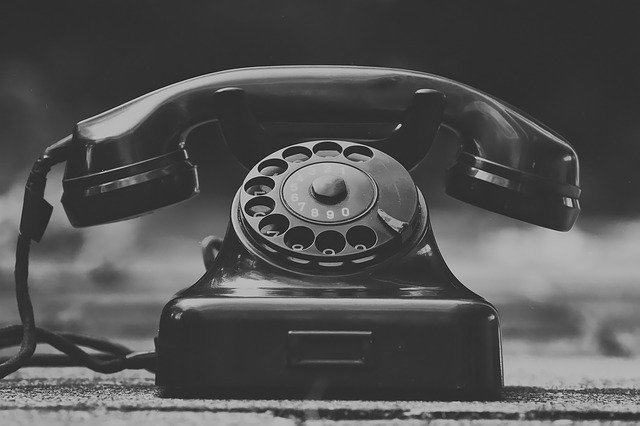
For a variety of reasons, lawyers should call each other more often instead of relying on email as a primary means of communication.

Here are a handful of email hacks that may make your life as in-house counsel incrementally better.

Don't wait forever to respond to emails. But take care to act prudently.

Unencrypted email used to be sufficient when communicating with clients electronically, but in recent years, the tide has begun to turn.
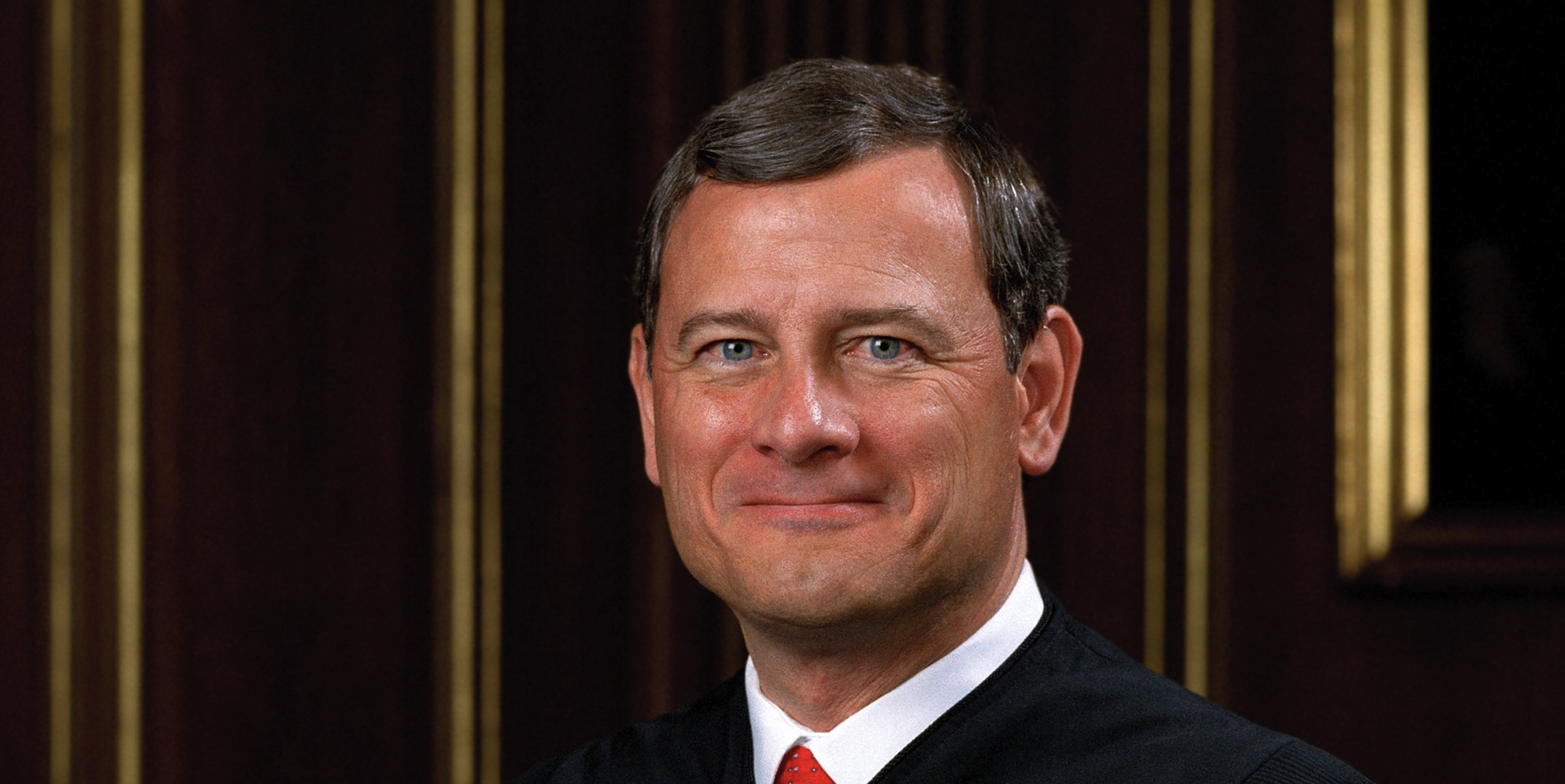
* In the wake of Justice Anthony M. Kennedy's retirement, I predicted that Chief Justice John Roberts, a staunch institutionalist when it comes to the Supreme Court, would serve as a moderating influence at SCOTUS -- and so far that seems to be the case, with Adam Feldman noting a "a mild liberalizing over time" in JGR's jurisprudence. [Empirical SCOTUS] * Speaking of SCOTUS, it's high time for the Court to resolve the messy circuit split on email privacy under the Stored Communications Act, according to Orin Kerr. [Volokh Conspiracy / Reason] * The Trump Administration's new executive order about free speech on university campuses might harm rather than help the cause of academic freedom, as Paul Horwitz points out. [PrawfsBlawg] * Republicans aren't the only ones with purity tests for judicial nominations; Demand Justice, a left-wing group focused on the federal judiciary, has high standards for Democratic opposition to Trump nominees. [Bench Memos / National Review] * While you wait for the 2019 edition of Above the Law's law school rankings, check out the latest installment of the "revealed preferences" law school rankings, by C.J. Ryan and Brian L. Frye. [SSRN] * What's next for Kira Systems, a leader in the world of legal AI? Co-founder and CEO Noah Waisberg isn't resting on his laurels -- and he's putting that $50 million investment from last September to work. [Artificial Lawyer] * Fastcase continues to forge new partnerships -- and in its latest alliance, it will give its subscribers access to select titles from the American Bar Association (which, full disclosure, published my book (affiliate link) in 2014). [Dewey B Strategic] * If you'll be in New York this coming Wednesday, consider attending the inaugural Kenneth P. Thompson '92 Lecture on Race and Criminal Justice Reform at NYU Law School, focused on wrongful convictions and the roles of prosecutors and others in the criminal justice system. [NYU Law]